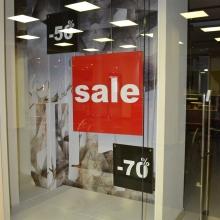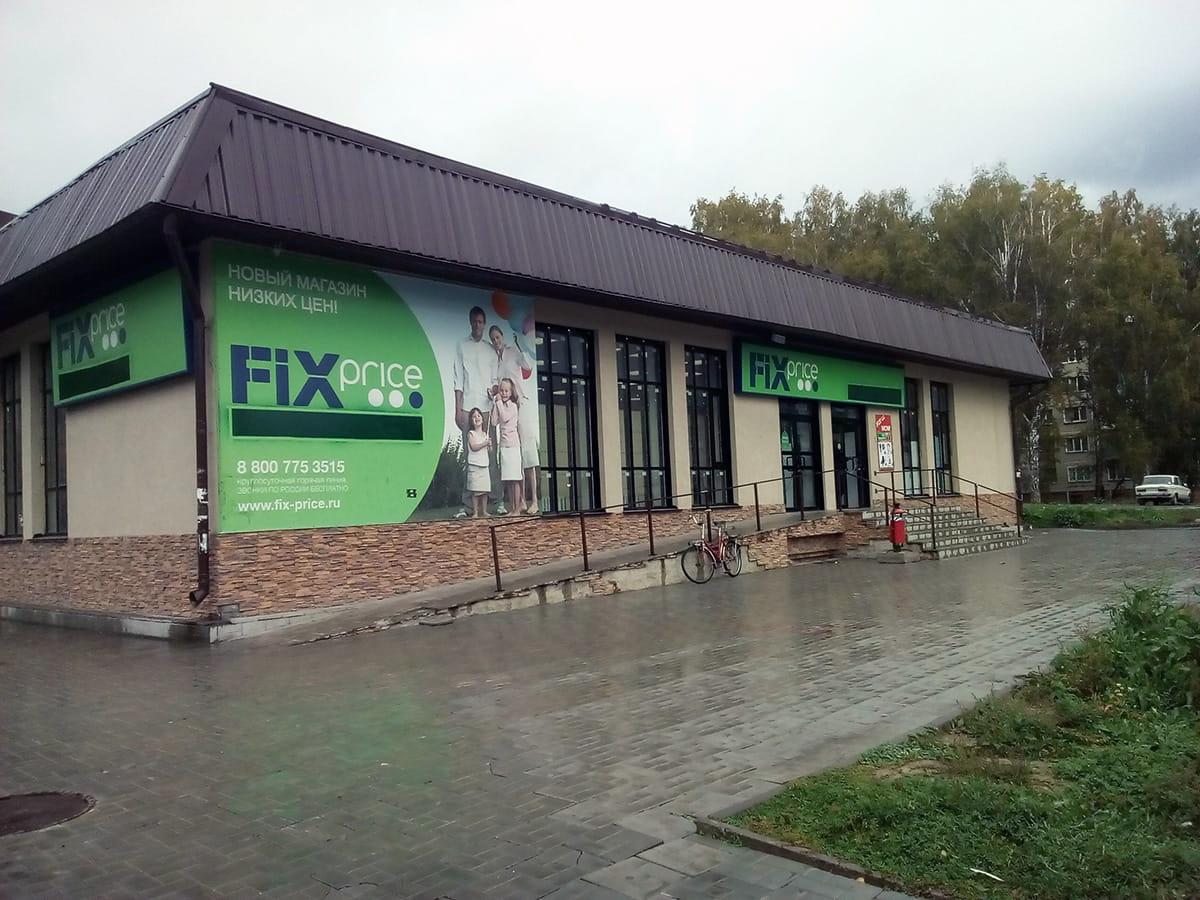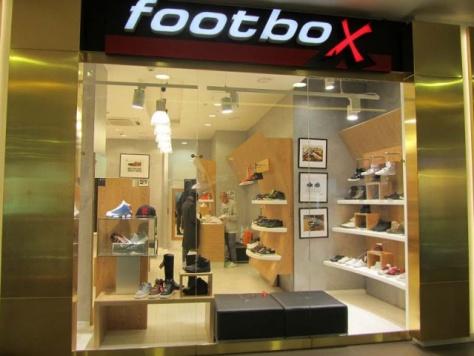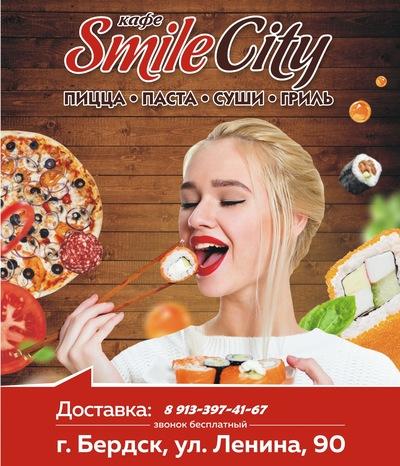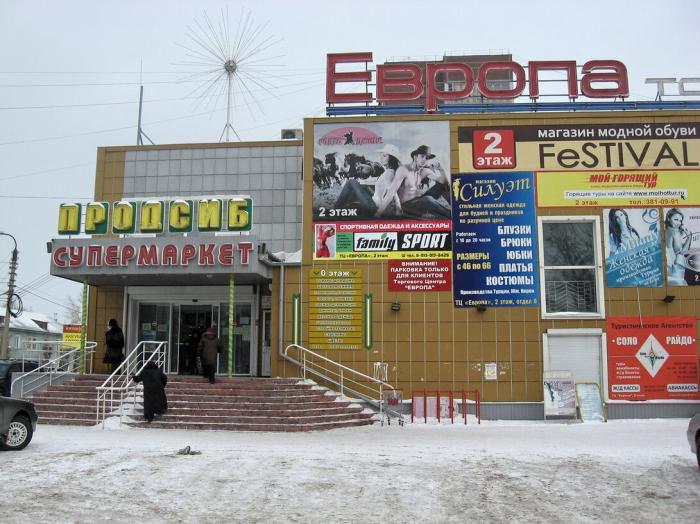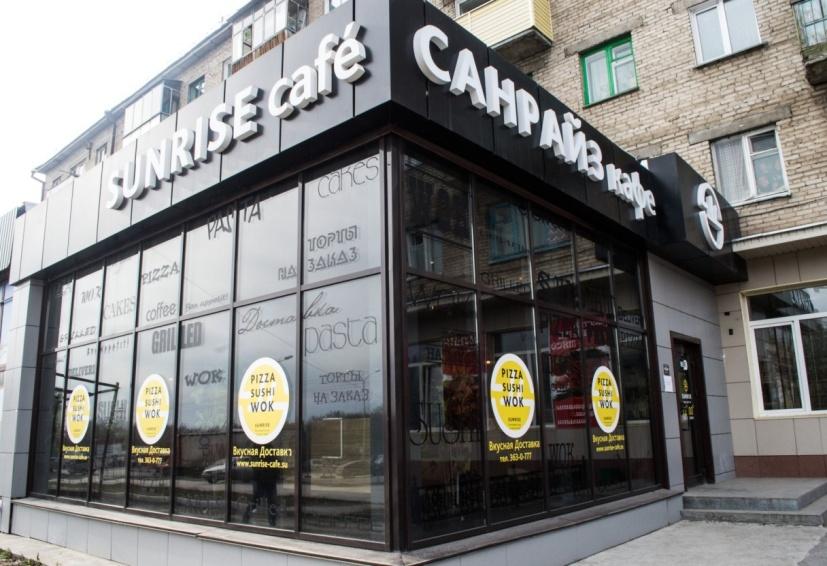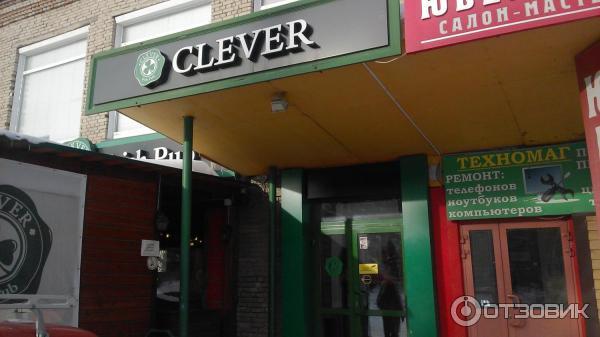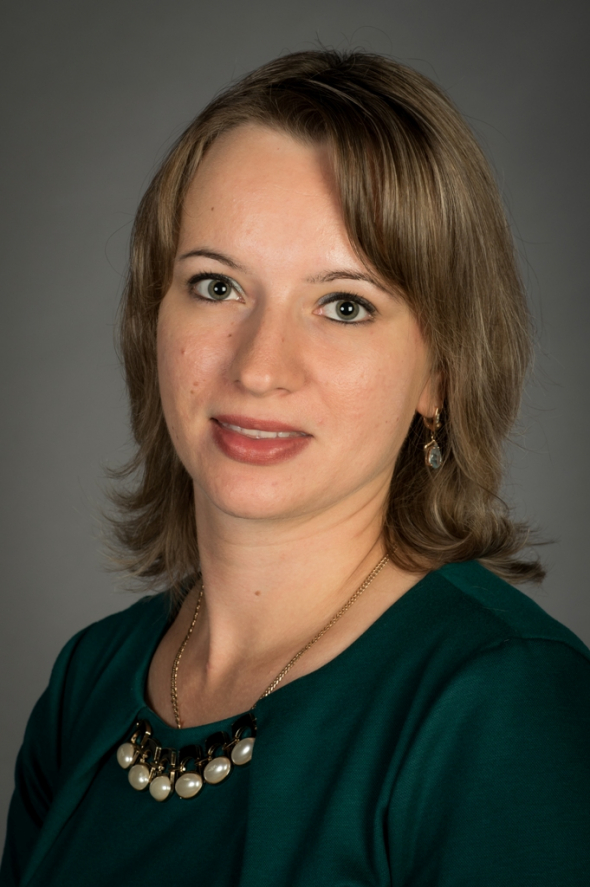XXIV конференция исследовательских проектов школьников
«Учение с увлечением» для 5-11 классов в 2018-2019 учебном году
_________________________________________________________________
Использование англоязычных слов в наружной рекламе.
The uses of Anglicism in outdoor advertising
Секция Иностранный язык
Работу выполнила:
Демина Анна ученица 8 В класса, МБОУ СОШ №1
Руководитель: Прозоровская Ирина Александровна
Учитель английского языка.
БЕРДСК– 2019
Contents:
1. Introduction
2. Chapter 1. Anglicism in the modern world
2.1 The concept of Anglicism and the causes of their appearance.
2.2. Sources of Anglicism in the modern world
3. Chapter 2. The uses of Anglicism in Berdsk
3.1. Analysis of Anglicism external advertising
4. Conclusion.
5. References.
INTRODUCTION
It is not a secret to anyone that at present there is not a single sphere of life, which has not affected the English language. We hear more and more often foreign words in the speech of others, we see English inscriptions on their clothes and it seems that not only people, but the whole city has plunged into foreign culture. With the discovery of McDonald's in Berdsk we wondered how Anglo-American culture penetrated our city. As soon as the billboards, the signs, the names of the stores turned around, they attracted our attention with an abundance of foreign words. This indicates the relevance of our chosen topic. In our work we want to talk about the wide spread of English in the city of Severodvinsk on the example of outdoor advertising and conduct research related to the attitude of the inhabitants of our city to the use of English words on billboards, signs, names of shops and cafes
The purpose of our work is to conduct a study and determine whether it is always advisable to use English words in outdoor advertising.
To implement this topic it is supposed to solve the following tasks:
1. To study the theoretical material and get acquainted with the concept of anglicisms.
2. To identify the causes of English borrowing in our country
3. Make a list of outlets using English-language borrowing in the names of outlets in the territory of our city.
4. Consider the meaning of the words used.
5. To correlate the names with store appointments.
6. Find out the attitude of the inhabitants of the city to the phenomenon under study.
The object of the study - billboards, signs and names of shops on the streets of the city of Berdsk.
Subject of research - English borrowing on the streets of the city, in the names of urban sites.
We put forward a hypothesis - the use of English borrowing in outdoor advertising is not always appropriate.
In conducting the study, the following methods were used: study of the literature, collection of information on the Internet; material search; questioning; analysis and comparison; generalization.
Our work will be useful and interesting in that it will pay attention to the use of English borrowing in our city.
2. CHAPTER 1. ANGLICISM IN THE MODERN WORLD
2.1 THE CONCEPT OF ANGLICISM AND THE CAUSES OF THEIR APPEARANCE
In order to better understand the concepts of anglicisms, their types and causes of appearance in the Russian language, we studied the scientific literature. To begin, consider the interpretation of the concept itself. S.I. Burns defines Anglicisms as “Words or turns of speech in any language, borrowed from the English language or created on the model of the English word or expression” [4.30]. Thus, Anglicisms are considered not only English words used in speech, but also words formed and Russian by English morphemes.
In order to understand why the number of anglicisms in Russian is so great, we studied the works of linguists who are exploring this question.
L. P. Krysin identifies the following reasons for borrowing:
1. The need for the name of a new thing, a new phenomenon (computer; taxi).
2. The need to distinguish between meaningfully close, but still different concepts (fear - panic; message - information).
3. The need for specialization of concepts - in one area or another, for one purpose or another (preventive - preventive; export - export).
4. The tendency is that a solid, not dismembered into separate constituent objects should be designated “whole”, undifferentiated, and not a combination of words (sniper-russ: well-aimed shooter, sprinter-runner for short distances).
5. The presence in the borrowed language of the existing systems of terms serving one or another thematic area, professional environment, etc. and more or less uniform in terms of the source of borrowing of these terms. This is the terminology of computing, which has developed on the basis of the English language, sports terminology, as well as the vocabulary of uncodified language subsystems (hippies, musicians, hackers, etc.)
6. The perception of a foreign language word as a more prestigious, “scientist”, “beautifully sounding” (merchandiser)
MA Breiter also investigates this problem and identifies the following reasons for borrowing:
1. The absence of an appropriate concept in the cognitive base of the receptor language. The Anglicisms such as the badge, classifier, laptop and its new varieties: the laptop, organizer, pager, timer, scanner, tuner, printer and others;
2. The absence of a corresponding (add - more accurate) name (or its "loss" in competition with borrowing) in Russian - about 15% of the newest Anglicisms - top model, virtual, investor, sponsor, spray.
3. The idea that foreign technologies are more progressive in comparison with Russian ones, foreign banks are more reliable, foreign goods are of higher quality is common among native Russian speakers. This installation, according to the author, is widely used in advertising
Thus, we conclude that the number of Anglicisms in Russian is large. Among them, there are 2 main types of borrowing: 1) Words that have come into the language to name new subjects or a term that has an international character. Their use in speech is in most cases justified.
2) Words of foreign origin, having synonyms in Russian. Their penetration into the language creates lexical redundancy and may interfere with the understanding of the meaning. But in many cases this can be avoided by using Russian synonymous words and expressions.
2.2 SOURCES OF ANGLICISM IN THE MODERN WORLD
Having studied the causes of the appearance of Anglicisms, we decided to single out the most important sources of their appearance in the Russian language. These include:
- advertising is one of the main sources of anglicisms in the Russian language. Domestic advertisers often have no experience creating advertisements, and therefore copy English-language advertisements, filling out Russian-language advertising texts with Anglicism: steamer, roster, trimmer, pager, immobilizer, spoiler, shock sensor, locker, snooker, pool, squash.
- the Internet. The increase in the number of Internet users has led to the spread of computer vocabulary: homepage, e-mail, CDROM, chat, bits, bytes, disk, cursor, flash drive.
- cinema. The popularity of Hollywood films has led to the emergence of new words in our vocabulary: horror, blockbuster, western, prime time, cyborg, terminator.
- music. The perception of the United States as the center of musical fashion led to the emergence of such words as a slide show: hit, single, remake, track, sound track, poster, etc. - sports vocabulary: bowling, diving, skateboard, snowboard, biker, shaping, fitness. - cosmetic terms: lifting, scrub, peeling).
Conclusions on the first chapter:
So, many linguists have been studying the reasons for borrowing foreign words. There are various classifications of the reasons for borrowing foreign words, in particular English words. The reasons for borrowing Anglicisms in modern Russian are in fact much more extensive. One of them is that the number of Russian people who speak English has increased. At the same time, the use of foreign vocabulary by reputable personalities and popular programs also gave a powerful impetus to the development of this process.
The main sources of borrowing music, cinema and the Internet are hobbies and are uniquely individual for each person. People emphasize foreign words only from the industry that they are interested in. What can I say about advertising, nobody asks us to show this or that advertisement on TV, to weigh this or that poster or billboard with bright foreign inscriptions on the streets, all this leads to the fact that sometimes we do not even notice how we begin to use English language imposed on us. But how well is its use? In this issue, we decided to look into, examining the advertising of our city.
3. CHAPTER 2. THE USE OF ANGLICISMS IN THE CITY OF BERDSK
3.1 ANALYSIS OF ANGLICISM EXTERNAL ADVERTISING
The first stage of our research was the compilation of English loans in the names of shops, cafes and various outlets. We found more than 150 cases of the use of anglicisms in outdoor advertising. As it turned out, most often Anglicisms are found in the names of clothing and shoe stores, cafes and clubs; less often in the names of wedding salons, flower shops and beauty salons; and we did not find a single borrowing in the names of grocery stores. We explained this in the following way, usually the population chooses grocery stores located near the house and they do not require special advertising, which is not to say about clothing stores, aimed at attracting customers and having more competition.
We have divided all borrowed names of the enterprises of our city into 4 groups:
Group number 1. Direct English borrowing, the translation of which is fully consistent with the proposed products. Let us give an example: the Coffee House cafe in the framework of the “Coffee House”, will really offer you a large assortment of coffee of different varieties. In the shops Playtoday (in translation play today) and BABYSHOP (in translation children's store), you will find children's products. Lady Collection (in translation, the collection of lady), will not let women pass by, as the name speaks for itself.
We found 24 cases of direct English borrowing in the names of the store, means that such signs help us to remember the English words and replenish our vocabulary by way of association.
Group number 2. Brands and well-known brands of stores, of which there are more than 30 in our city, and this is quite understandable, since the majority of these firms have international recognition and are famous for the high quality of their products. In addition, these brands do not require additional translation, for example, after seeing the adidas or nike company, we are well aware that in this department you can buy products for professional sports; Wrangler or Westfalika have established themselves as departments of high-quality footwear, and in Tissot and Atlantic stores we can easily find real Swiss watches.
Group number 3. Signs with anglicisms, the translation of which does not correspond to the proposed products, or contains grammatical and lexical errors.
FOOTBOX (Retail network of shoe stores), the word itself is not in English, if we divide it into two parts, foot and box in translation, we get “foot” and “box”, of course, is connected with shoes, but the name itself does not carry any meaning and is an example of ignorance of the English language.
Globus berry (a chain of stationery stores), the word globus does not exist in English, we can assume that the manufacturers of this company wanted to use the word globe (and in English it sounds like the globe), since it is the logo of their department and one of the few stores cities where they sell this product. As for the word berry, it translates as berry. Thus, the store attracts us with a sign of a globe-shaped berry. Or maybe the marketer wanted to write a Russian phrase in English letters, maybe berry is an encrypted word “take”. In any case, we have a vivid example of illiteracy when using English.
Love is live (bridal salon), the word live means “live” and is pronounced [, and the transcription [laif] is the word life, which means “life”. If the owner of the salon wanted to call the salon a beautiful aphorism “Love is life”, you should refer to the dictionary and simply check the literacy of the used borrowing.
The name of one of the Extrim signs in English is written extreme. We understand the desire of store owners to write the word “extreme, extraordinary” of their department, but it was possible to do this without neglecting literacy, especially now young people are learning English at school without any problems and would understand what kind of goods can be found in this store.Sovtravel- perhaps the owners of the travel agency wanted to make the name “southern journey”, but instead of south- “south”, “southern”, they wrote Sov on the basis of how I hear and write.
And absolutely meaningless signs: Mote dance in translation “mote dance”, Move gaga in translation “move ha hectare”, Sharman agency of holidays in translation is shaman.
Group number 4. Most of the borrowings we found among the signs in stores where English words are written in Russian letters. In this case, we found a lot of absurdities and mistakes when using foreign words. Studying English, we know what spelling is - the rules for writing words, while Severodvinsk businessmen often write signs according to the principle “I see the word and write” without thinking about the pronunciation of the words used in English.
The jewelry salon Diamant copies the word diamante [] this word translates as “diamond-like material”, so the shop acknowledges that you cannot find real diamonds in it, otherwise they would use the word dimond
Furniture Salon Mebberi consists of two words furniture and the English word berry (berry in translation), it turns out "furniture berry", also an absurd name.
As it turned out, the Weekend Store (from the English language “weekend”) offers products for fishing, but the buyer, apparently, will find it difficult to guess.
CONCLUSION.
Summing up our research, we were convinced that Anglo-American culture penetrates into all spheres of life, and even into the streets of a small city like Severodvinsk. The value of the English language is quite large in the modern world, it is considered universal and is increasingly in need at work and at home, thus a large number of borrowings in our native language can be explained. Sources of borrowing a large number, but one of the most extensive, imposing English vocabulary on us is outdoor advertising.
As it turned out, the problem of illiteracy in our country is addressed not only to the native language. The owners of shops and sales departments are so eager to get benefits that sometimes they do not think about the significance of Anglicisms on their signs. The borrowing data inappropriate in the opinion of the entire population we surveyed contains various kinds of errors, effected on culture of the Russian language.
Of course, you can mark signs, the names of which are absolutely justified, these include brands with their original names, with great confidence among young people and adults, and firmly entrenched in world markets. Expand vocabulary and look bright, fresh and creatively taken Anglicisms, preserving the grammar and vocabulary of the English language, they attract more young people and increase interest in the studied language.
Thus, we have confirmed our hypothesis, the use of English borrowing is not always appropriate.
And in the note I would like to note: before trying to stand out with some knowledge of a foreign language vocabulary, to begin with it is a good idea to learn the native language.
REFERENCES.
Крысин Л. П. Заимствованное слово как транслятор иной культуры / Л. П. Крысин // Глобализация – этнизация: Этнокультурные и этноязыковые процессы: в 2-х кн. – Отв. ред. Г. П. Нещименко. – М. : Наука, 2006.
Крысин Л. П. Иноязычные слова в современном русском языке / Л. П. Крысин. – М.: Наука, 1968.
Ожегов С.И.и Шведова Н.Ю. Толковый словарь русского языка: 800 слов и фразеологических выражений/ Российская академия наук. Институт русского языка им. В.В. Виноградова. – 4-е изд., дополненное. – M.: Азбуковник, 1999. – 940 с.
Причины интенсивного заимствования англицизмов в современном русском языке/ А.И.Дьяков. - Новосибирск: Язык и культура. - 2003. – С. 15.
http://www.lingvo-online.ru/ru
http://www.go29.ru/shops
http://www.english.womanknow.ru/pochemu-anglijskij-yazyk-tak-populyaren/
ПРИЛОЖЕНИЕ .
РЕКЛАМНЫЕ ЩИТЫ, ВЫВЕСКИ И НАЗВАНИЯ МАГАЗИНОВ НА УЛИЦАХ ГОРОДА БЕРДСКА

